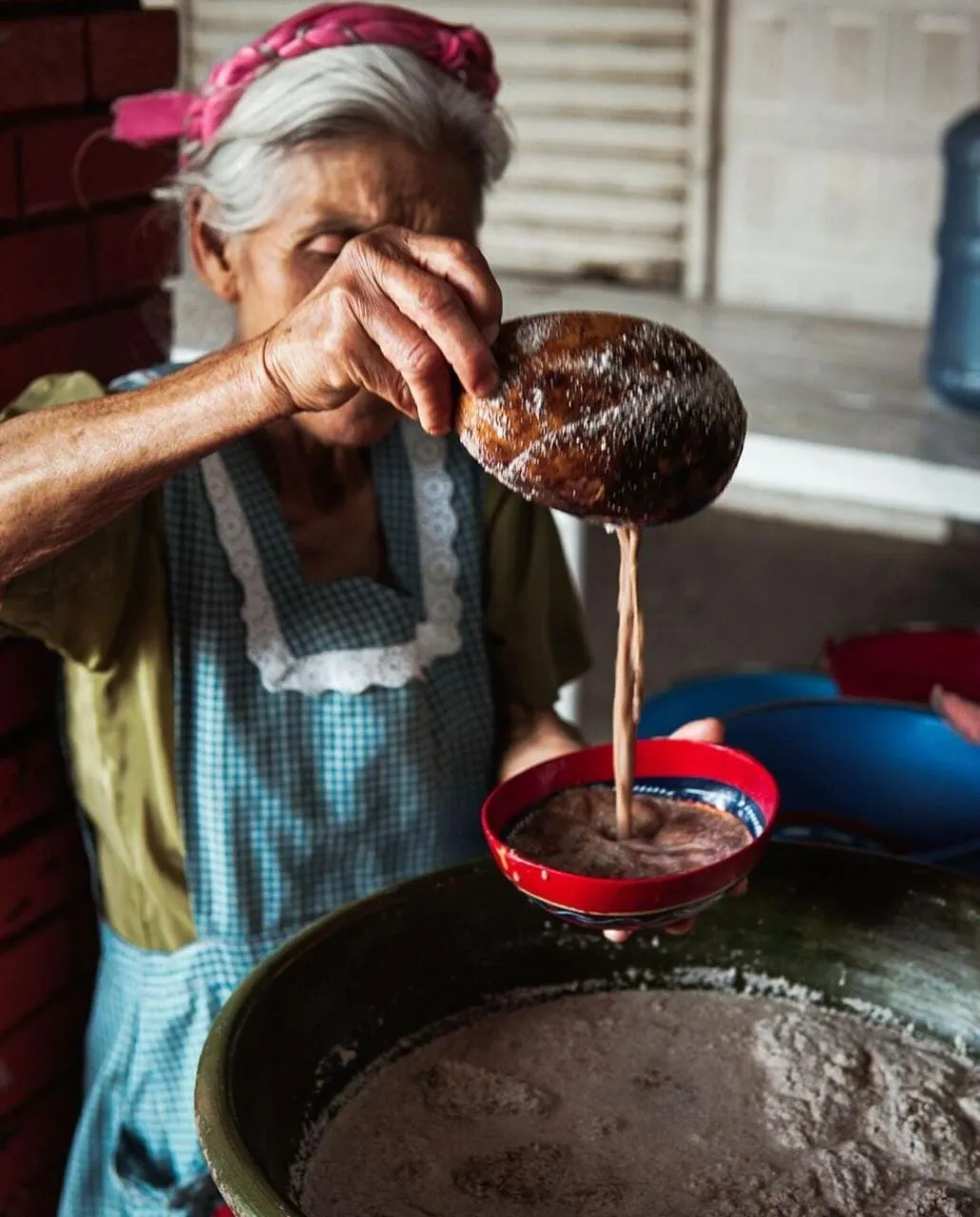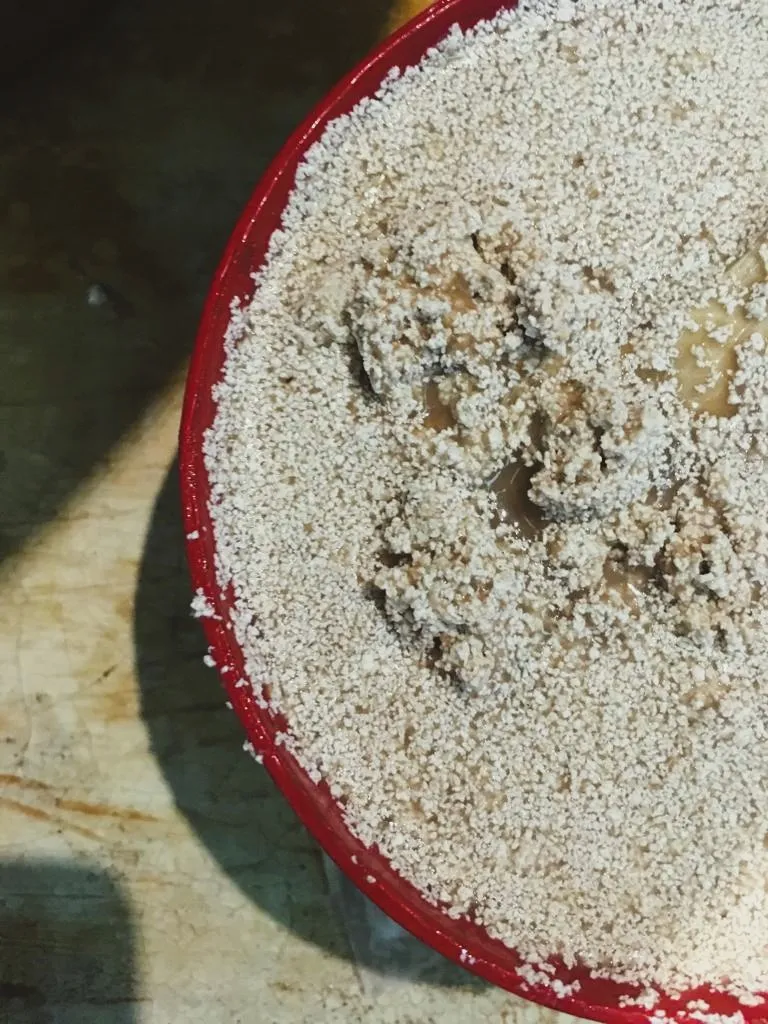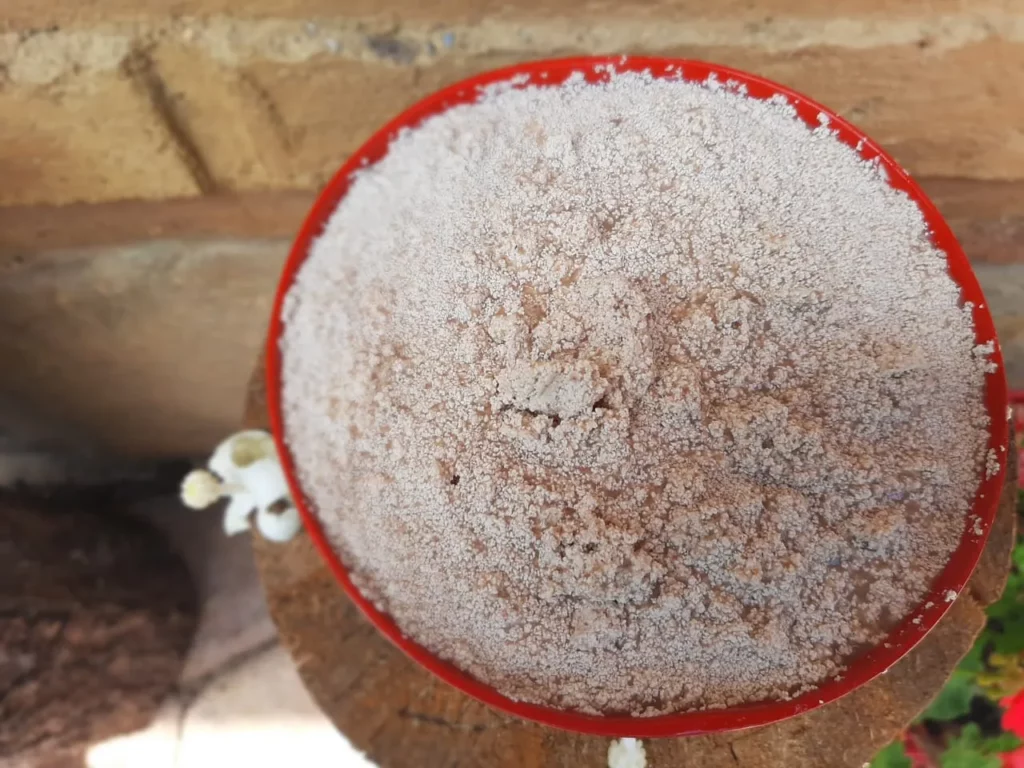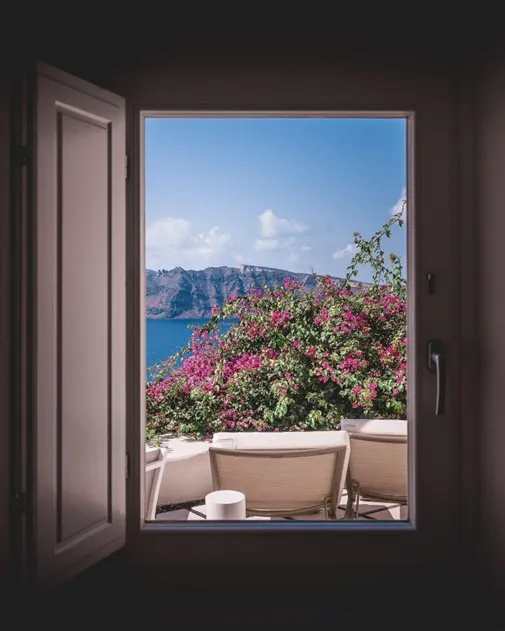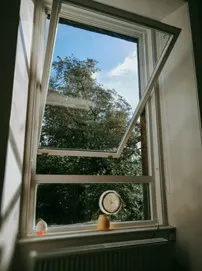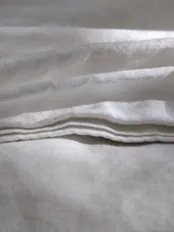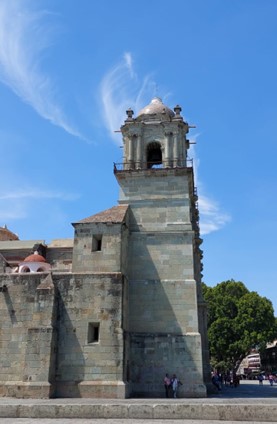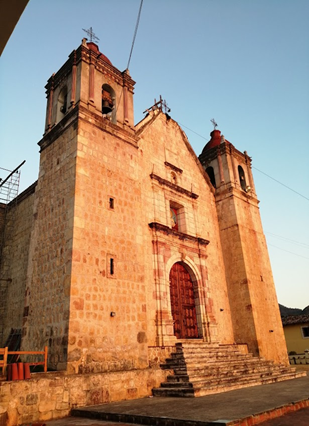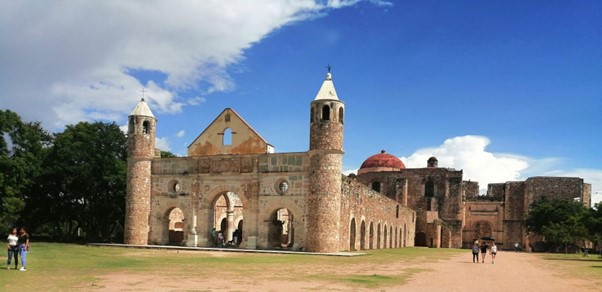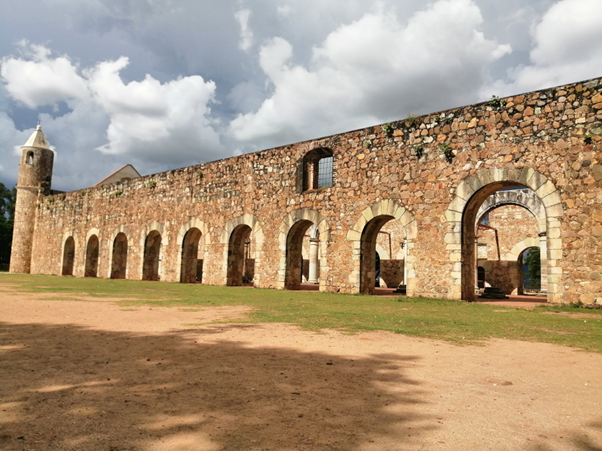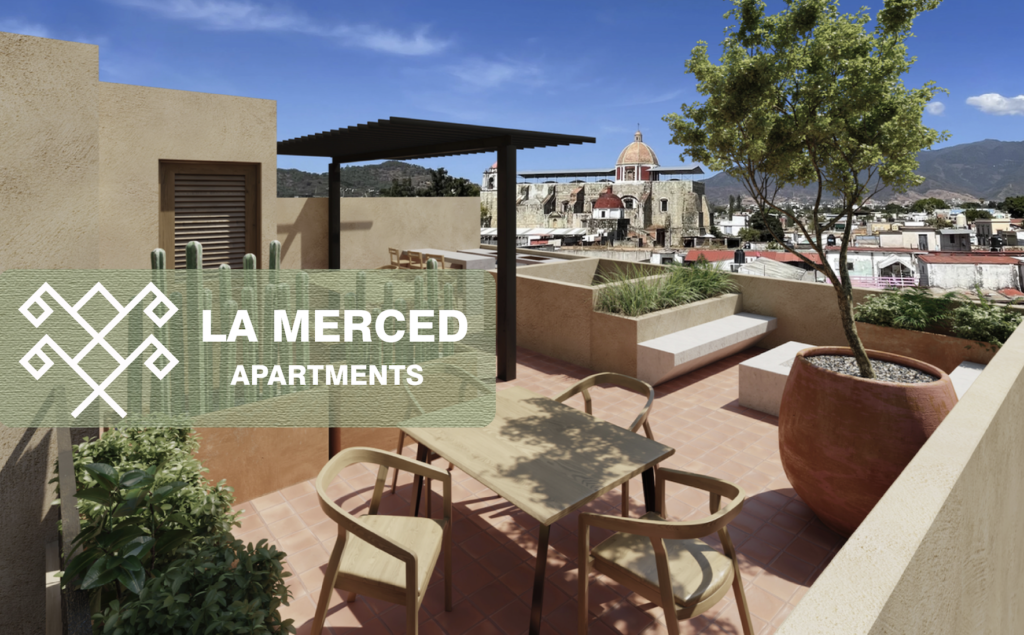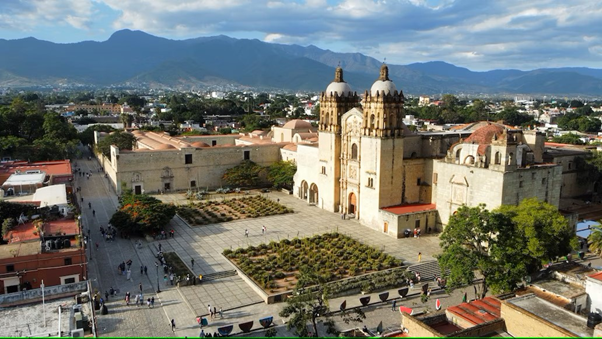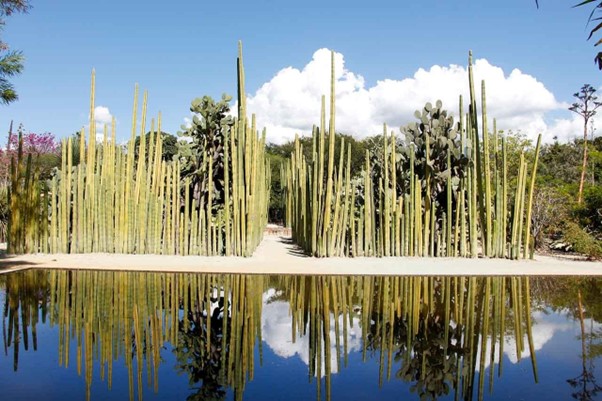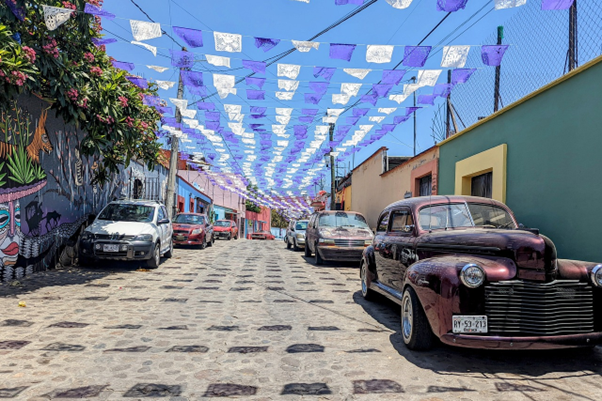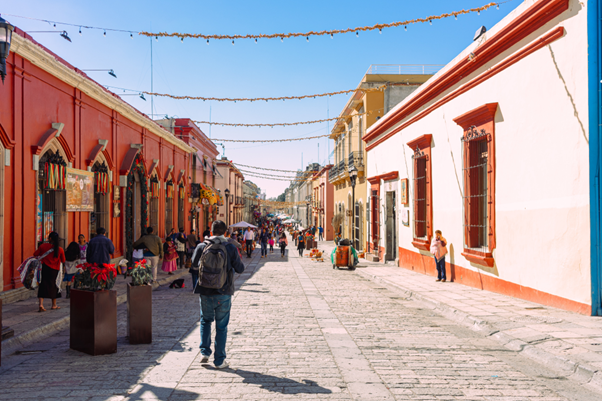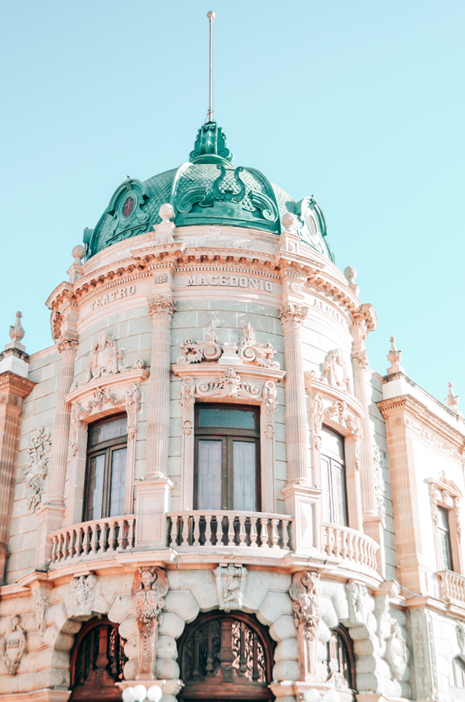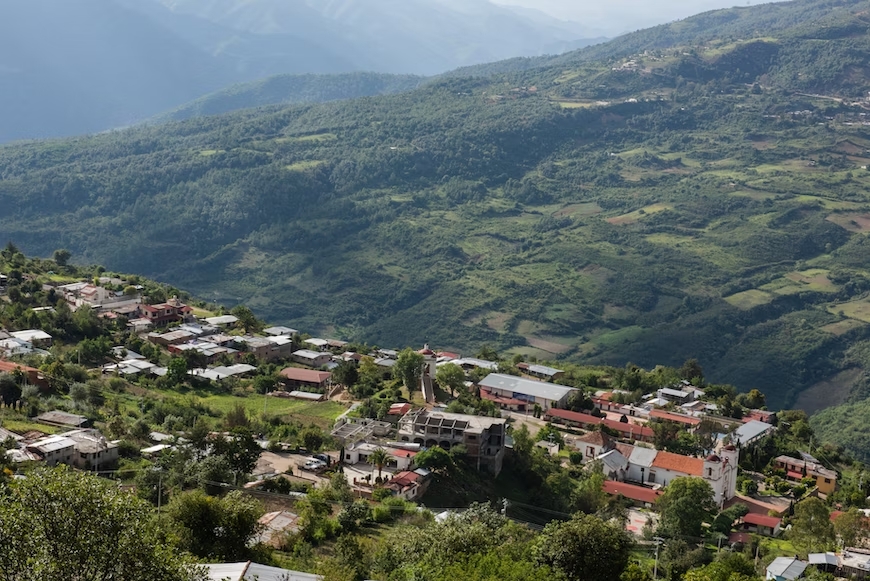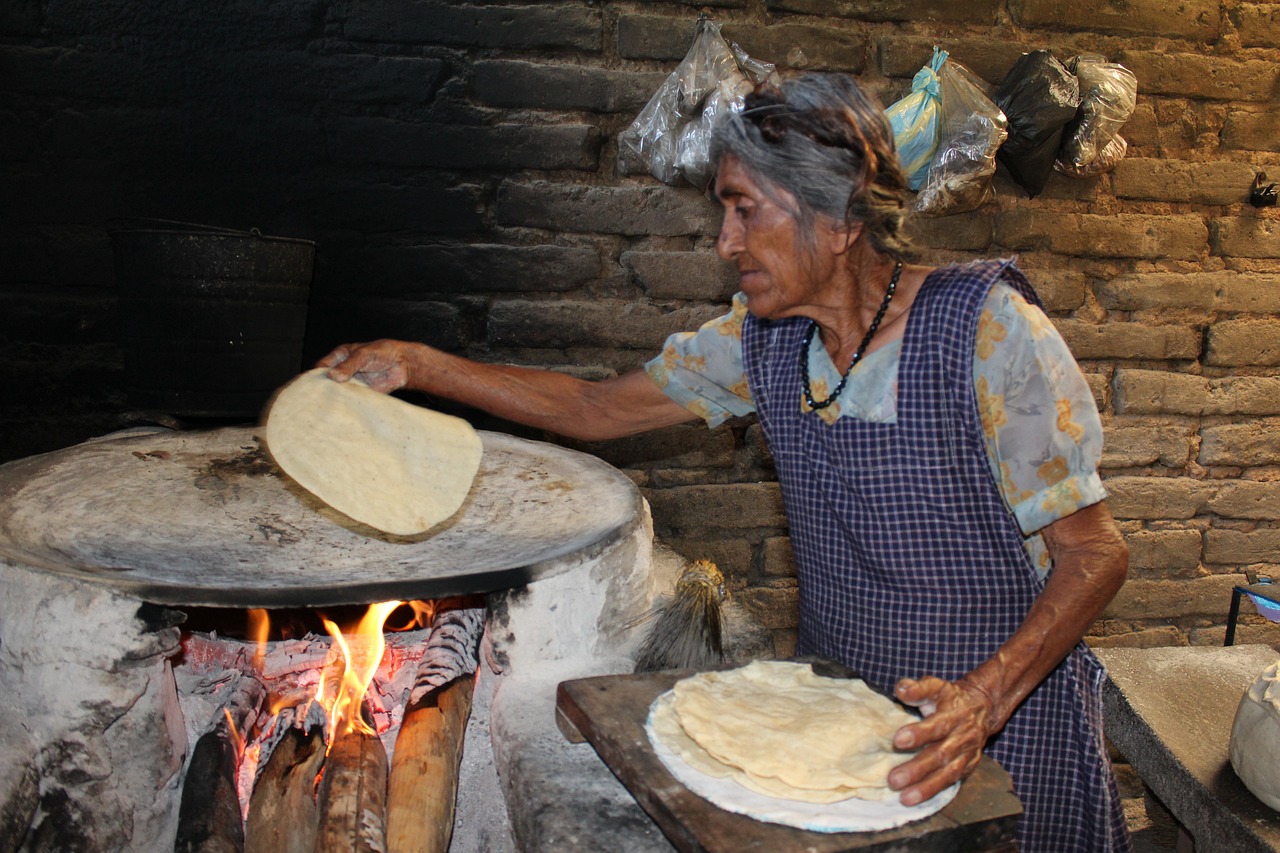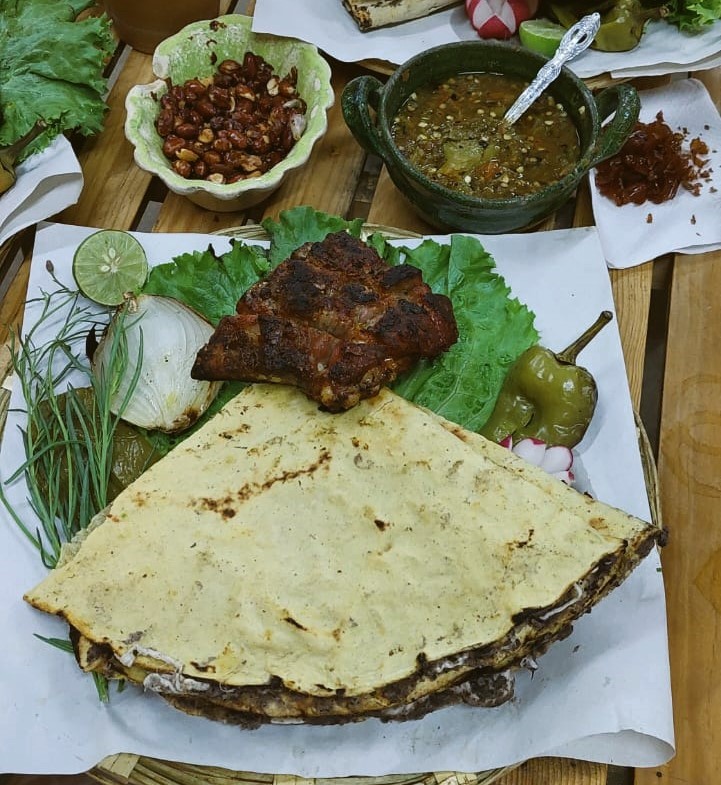Wednesday, June 28th, 2023
By Jessica Hernández
The world of real estate can be a bit complex for those who are just starting out in it, despite the fact that there are many technicalities that must be understood, this industry is full of learning, here are some curiosities that will surprise you and that will be the topic on the table in your future talks.
1.- The tallest building in Latin America and in Mexico is the Obispado Tower.
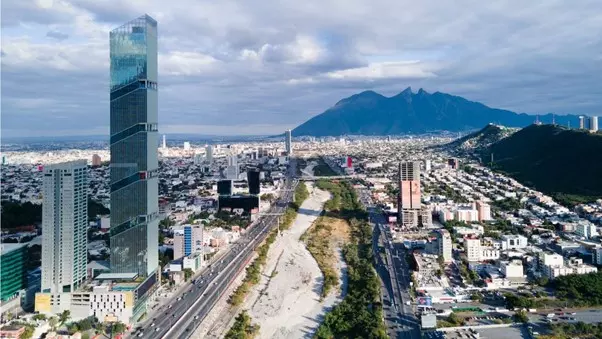
The use project for the tower is mixed since its facilities include offices, which occupy 56 floors, a 7- story Hilton Garden hotel, a commercial area, a business center, and 172 apartments of up to 315 square meters. In addition, it has amenities for its inhabitants such as a swimming pool, green areas, children’s games, grills, a sky gym, a sky lounge, and a sky bar.
2.- The Ritz Carlton is the best real estate project in México.
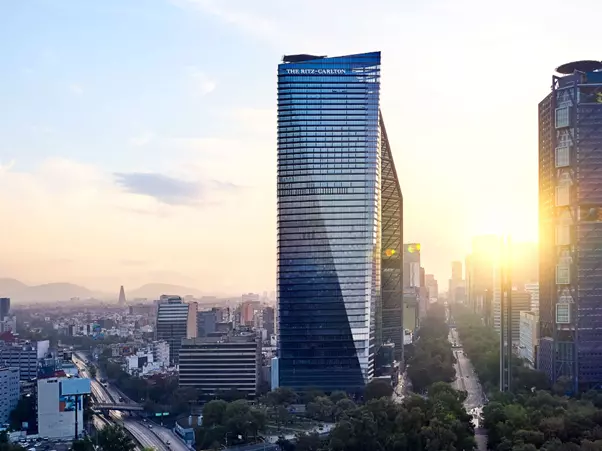
This building stands out for its architectural design, its strategic location, and its contribution to the environment since it has the LEED Core & Shell certification. It was awarded in 2022 as the best real estate project in the country. The ceremony was carried out by the Real Estate Developers Association.
The project represented a total investment of 2,087 million pesos and generated 7,720 direct and 53,206 indirect jobs. And it consists of 58 floors with 153 rooms, luxury suites, and private residences, which offer panoramic views of the Chapultepec Forest, the main lung of the metropolis.
3.- Ben Caballero is the best real estate agent in the world.

An agent from the USA was mentioned in the record Guinness Book as the best real estate agent in the world, since in 2016 Caballero handled more than 3,500 home sales transactions for construction companies, properties valued at more than $1,400 USD million. His company handles an average of nearly 10 homes sold a day.
4.- The most sustainable building in the world is in New York.
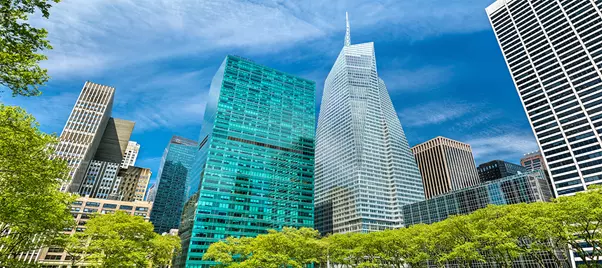
One Bryant Park is considered the most sustainable building in the world, it was completed in 2009 and in 2010 received LEED Platinum Certification becoming the first office tower to achieve that level of excellence. Among its characteristics we can find:
- It has carbon dioxide monitors
- LED lighting
- At night it produces ice in 44 tanks located in its basement, which is used during the day to cool the air in the building.
- Collects all rainwater in containers with a capacity of 329,000 gallons.
- Said water is used to irrigate plants and fill the toilet boxes.
- Later, an internal gray water plant treats it to be used to cool the tower, subsequently releasing it into the environment in a gaseous state, thus completing a cycle that returns to nature.
5.- Cairn de Barnenez is the oldest building in the world.
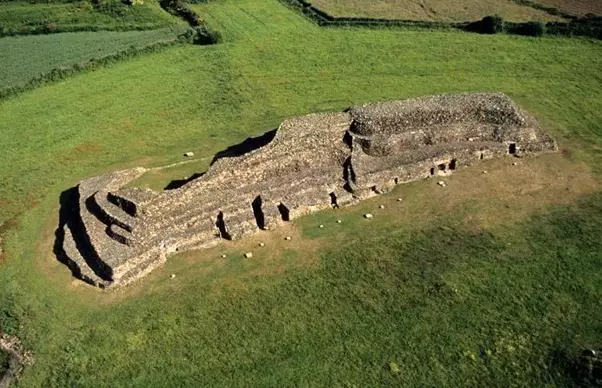
It is the oldest building in the world since it dates back to 4850 BC. Located in France, the Cairn de Barnenez belongs to the municipality of Plouezoc’h. It is also the largest megalithic mausoleum in Europe.



